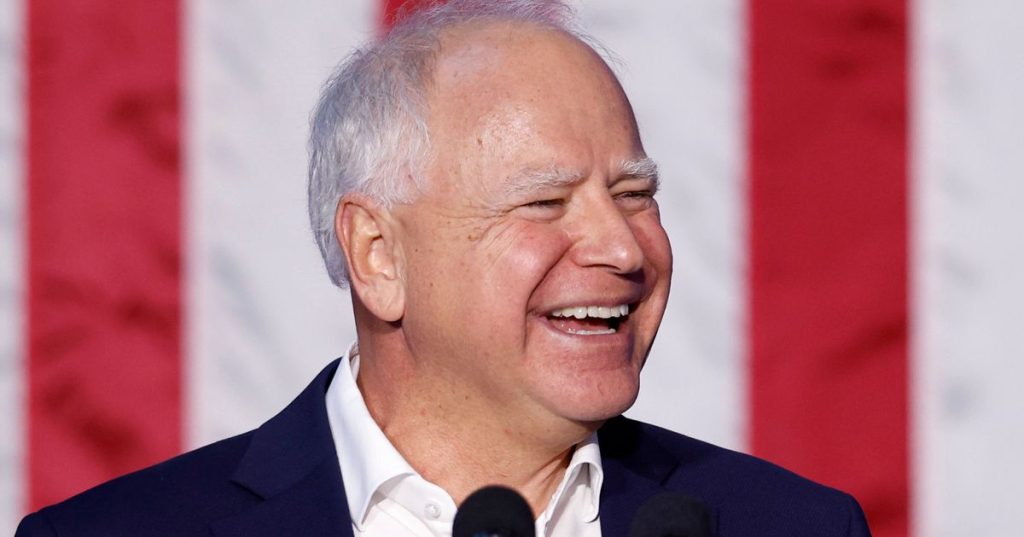Criticizing the former president’s handling of key issues, Kamala Harris’ running mate sarcastically mocked him for claiming progress on certain matters. He recalled his teaching days to emphasize the lack of actual improvement in these areas, highlighting that positive change was not as significant as suggested by the former president. By using sarcasm, he aimed to point out the discrepancies between rhetoric and reality in the former administration’s policies.
The running mate’s comments shed light on the need for more substantial and effective actions to address pressing issues facing the country. By drawing on his experience as a teacher, he underscored the importance of tangible results and meaningful impact in policy-making and governance. His criticism of the former president’s claims of progress reflects a deeper concern about the lack of real change and improvement in critical areas of concern for the American public.
Furthermore, the running mate’s remarks also indicate a shift towards a more critical and analytical approach to evaluating government policies and initiatives. By questioning the efficacy of the former administration’s supposed achievements, he demonstrated a willingness to challenge the status quo and advocate for more substantive reforms. His use of sarcasm as a rhetorical device signals a departure from traditional political discourse and a move towards more direct and incisive communication strategies.
In addition, the running mate’s emphasis on his teaching experience suggests a commitment to education and knowledge-sharing as essential components of effective governance. By drawing on his background in education, he highlighted the importance of informed decision-making and evidence-based policies in addressing complex social issues. His critique of the former president’s purported progress on key issues underscores the need for a more nuanced and thoughtful approach to policy implementation.
Overall, the running mate’s sarcastic mockery of the former president’s claims of progress serves as a reminder of the complexities and challenges inherent in governing a diverse and dynamic society. His comments reflect a deep-seated concern for the well-being and future of the country, as well as a commitment to transparency and accountability in political leadership. By questioning the veracity of the former administration’s assertions, he seeks to hold those in power accountable for their actions and to push for more substantive and meaningful change.


